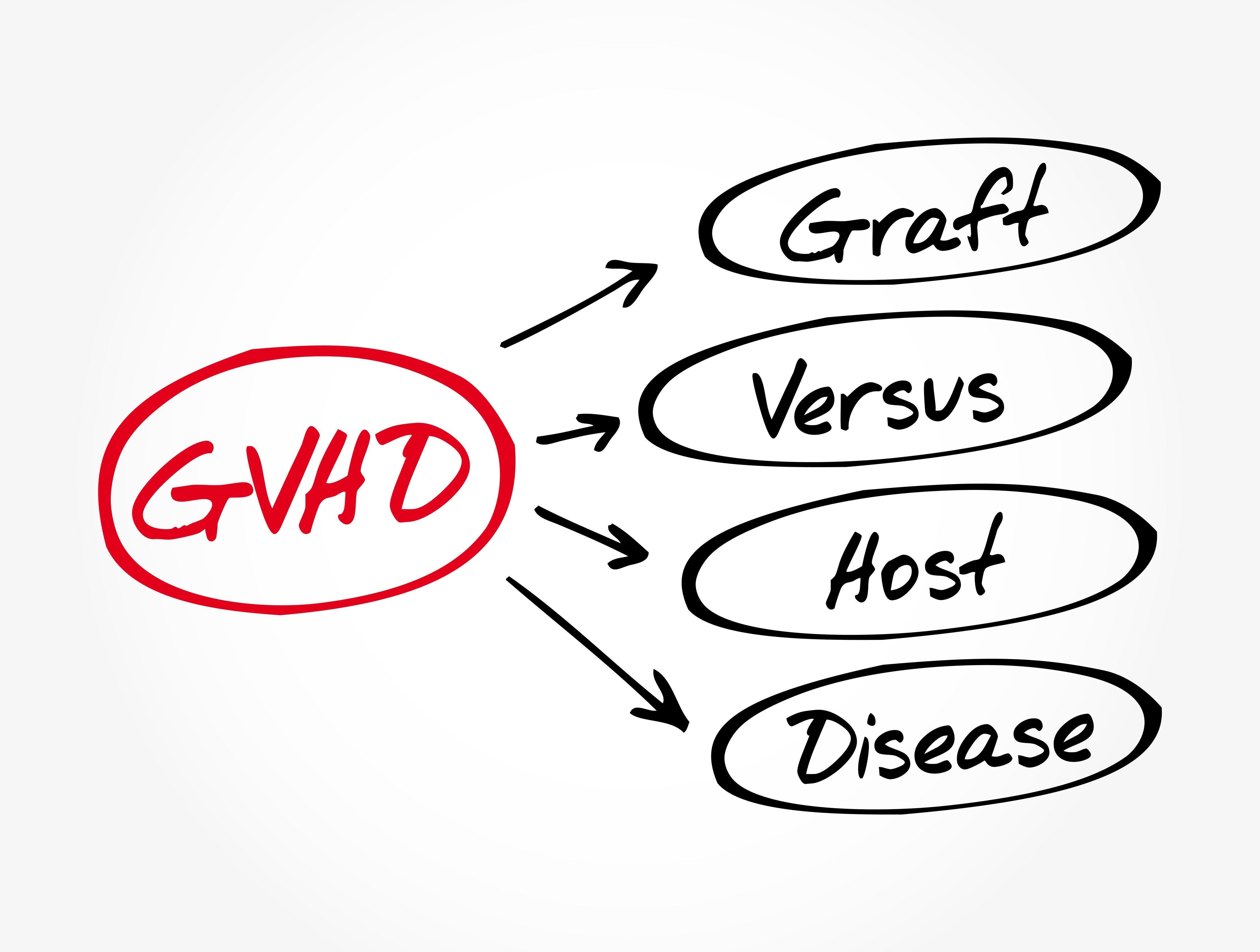Article
Axatilimab Produces Significant Response in Patients with Fatal Post-Transplant Complication
Author(s):
Co-developers Incyte and Syndax will submit a biologics license application to the FDA at the end of 2023 based on the results of a phase 2 trial among adult and pediatric patients with chronic graft-versus-host disease.
Results from the AGAVE-201 trial found that axatilimab achieved the primary endpoint of overall response rate (ORR) among adult and pediatric patients with chronic graft-versus-host disease (GVHD) who experienced disease progression following 2 or more prior lines of therapy. The trial, which evaluated the efficacy, safety, and tolerability of axatilimab in these patient populations, showed that at 6 months, approximately 74% of patients who received a dose of 0.3 mg/kg every 2 weeks achieved ORR.
Image credit: dizain - stock.adobe.com.

“Axatilimab is the first investigational chronic GVHD treatment to target inflammation and fibrosis through the inhibition of disease associated macrophages,” Michael A. Metzger, chief executive officer of Syndax—which shares a co-development and co-commercialization license agreement for axatilimab with Incyte—said in a press release.
“These results underscore our belief that axatilimab could provide a valuable and highly differentiated therapeutic option for this devastating disease,” Metzger said in the press release.
GVHD is a potentially fatal complication of allogeneic hematopoietic stem cell transplantation that is characterized by the development of fibrotic tissue in multiple organ systems. Approximately 40% of transplant recipients will develop this chronic condition.
AGAVE-201 is a phase 2, dose-ranging trial that randomized 241 adult and pediatric patients with recurrent or refractory, active, chronic GVHD disease progression to receive axatilimab at a dosage of 0.3 mg/kg every 2 weeks; 1.0 mg/kg every 2 weeks; or 3.0 mg/kg every 4 weeks.
At 6 months of treatment, the primary endpoint of ORR was also achieved by 67% of patients in the 1.0 mg/kg arm and 50% in the 3.0 mg/kg arm. At 12 months, 60% patients on the 0.3 mg/kg dose maintained a response.
The trial’s secondary endpoints were duration of response (DoR), the percent reduction in daily steroids dose, organ-specific response rates, and validated quality-of-life (QoL) assessments. There are not yet conclusive data on median DoR, however, 55% of patients in the 0.3 mg/kg arm experienced a clinically meaningful improvement on the QoL assessment.
The most common adverse events (AEs) associated with axatilimab are aspartate aminotransferase, blood creatine phosphokinase, lipase, blood lactate dehydrogenase, alanine aminotransferase and fatigue. More than one-third of participants experienced serious AEs that led to some discontinuations.
Axatilimab is an investigational monoclonal antibody that targets a cell surface protein called colony stimulating factor-1 receptor (CSF-1R). In pre-clinical models, CSF-1R inhibition reduced disease-mediating macrophages and their monocyte precursors. The manufacturers will submit a biologics license application to the FDA at the end of 2023 based on the patient outcome of AGAVE-201.
“These data demonstrate robust responses in a heavily pre-treated patient population,” said Carrie Kitko, MD, medical director of the Pediatric Stem Cell Transplant Program at the Vanderbilt-Ingram Cancer Center, in the press release. “These findings further support that axatilimab has the potential to provide a clinically meaningful response for patients suffering from this morbid condition."
Reference
Syndax And Incyte Announce Positive Topline Results From The Pivotal AGAVE-201 Trial Of Axatilimab In Chronic Graft-Versus-Host Disease. Incyte. News Release. July 24, 2023. Accessed on July 24, 2023. https://investor.incyte.com/news-releases/news-release-details/syndax-and-incyte-announce-positive-topline-results-pivotal





